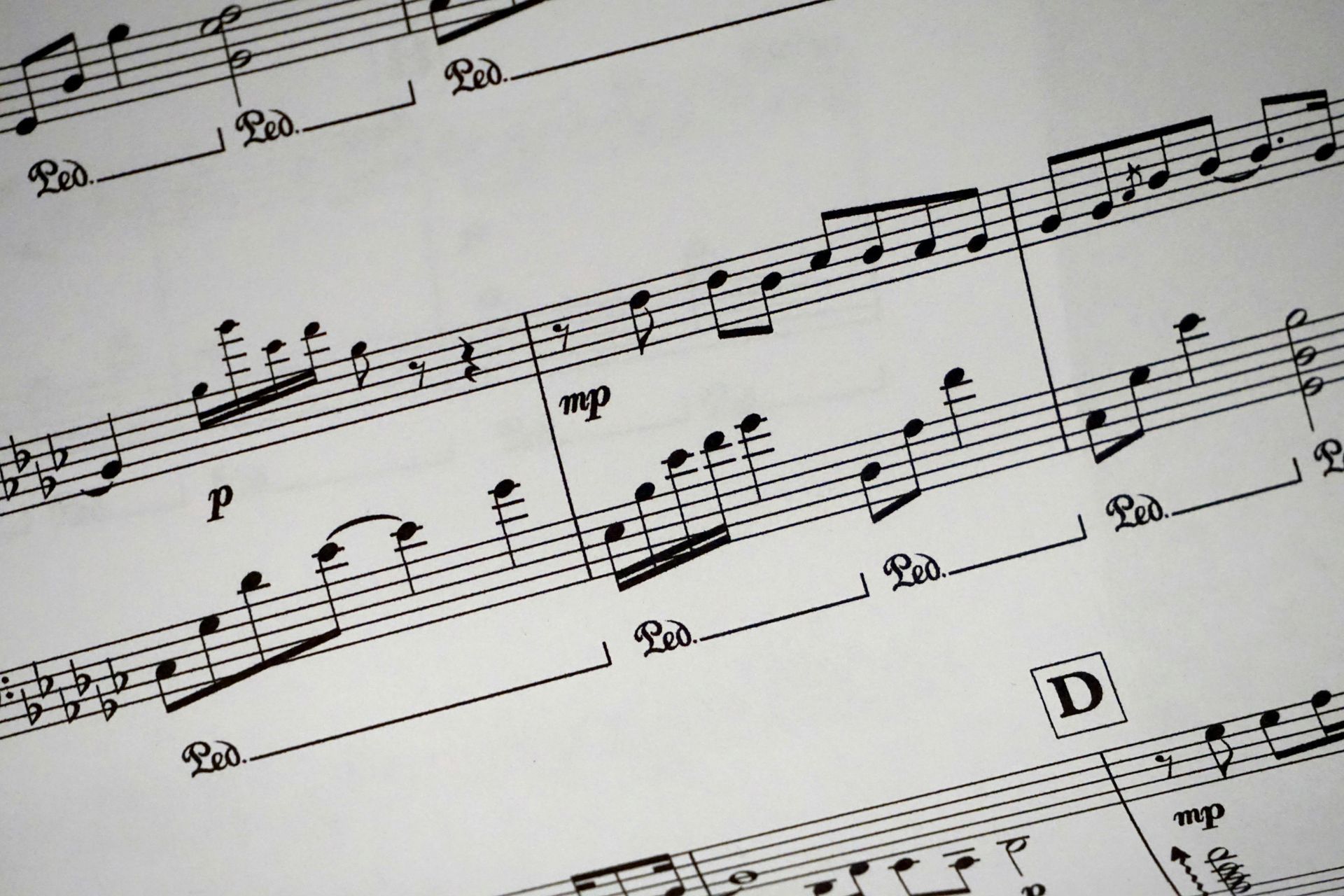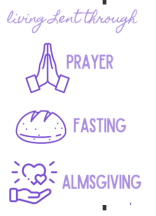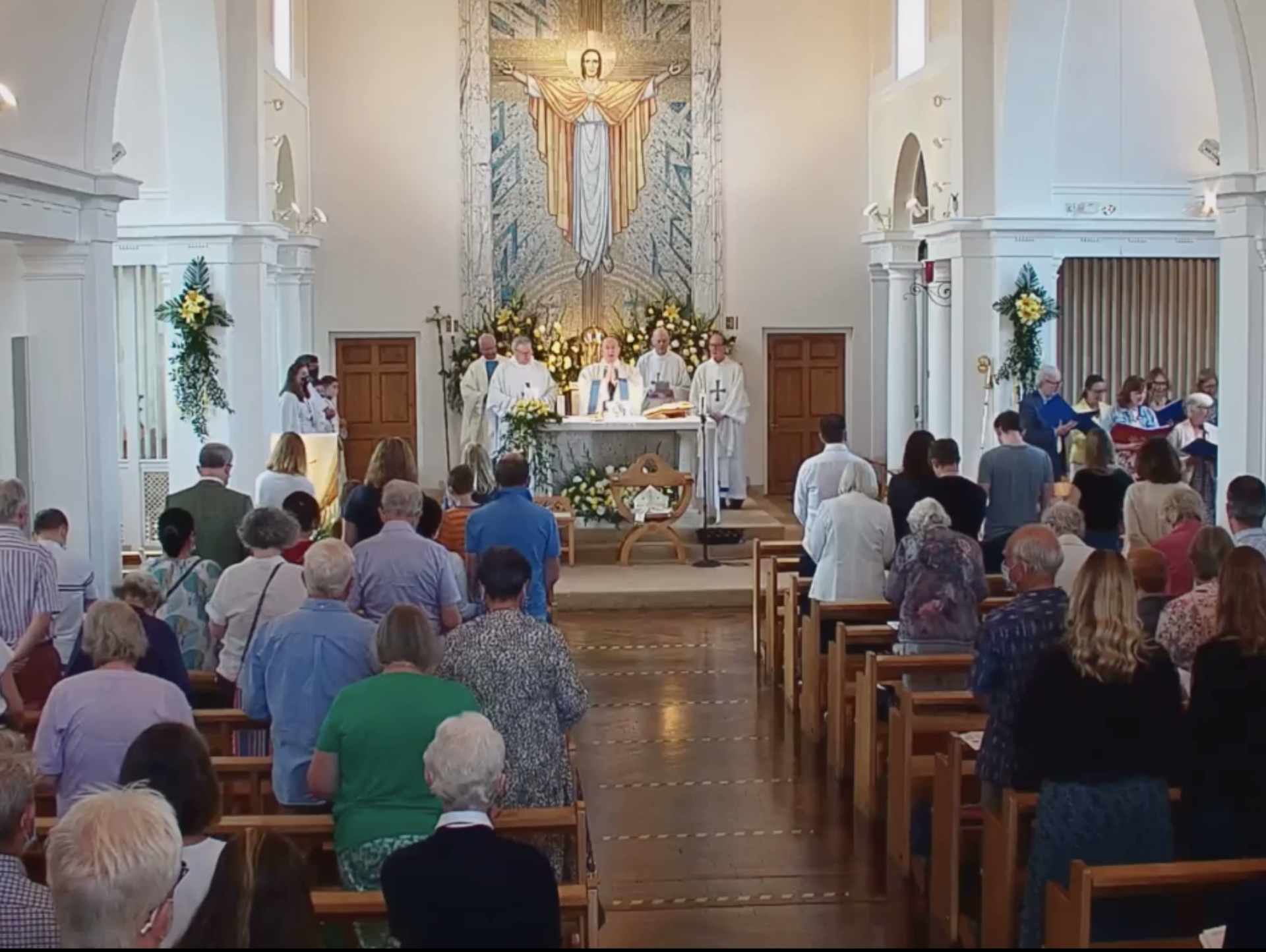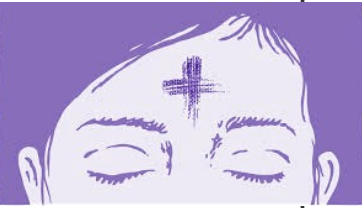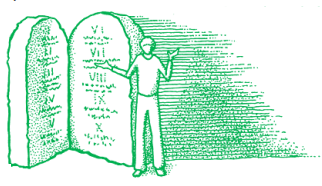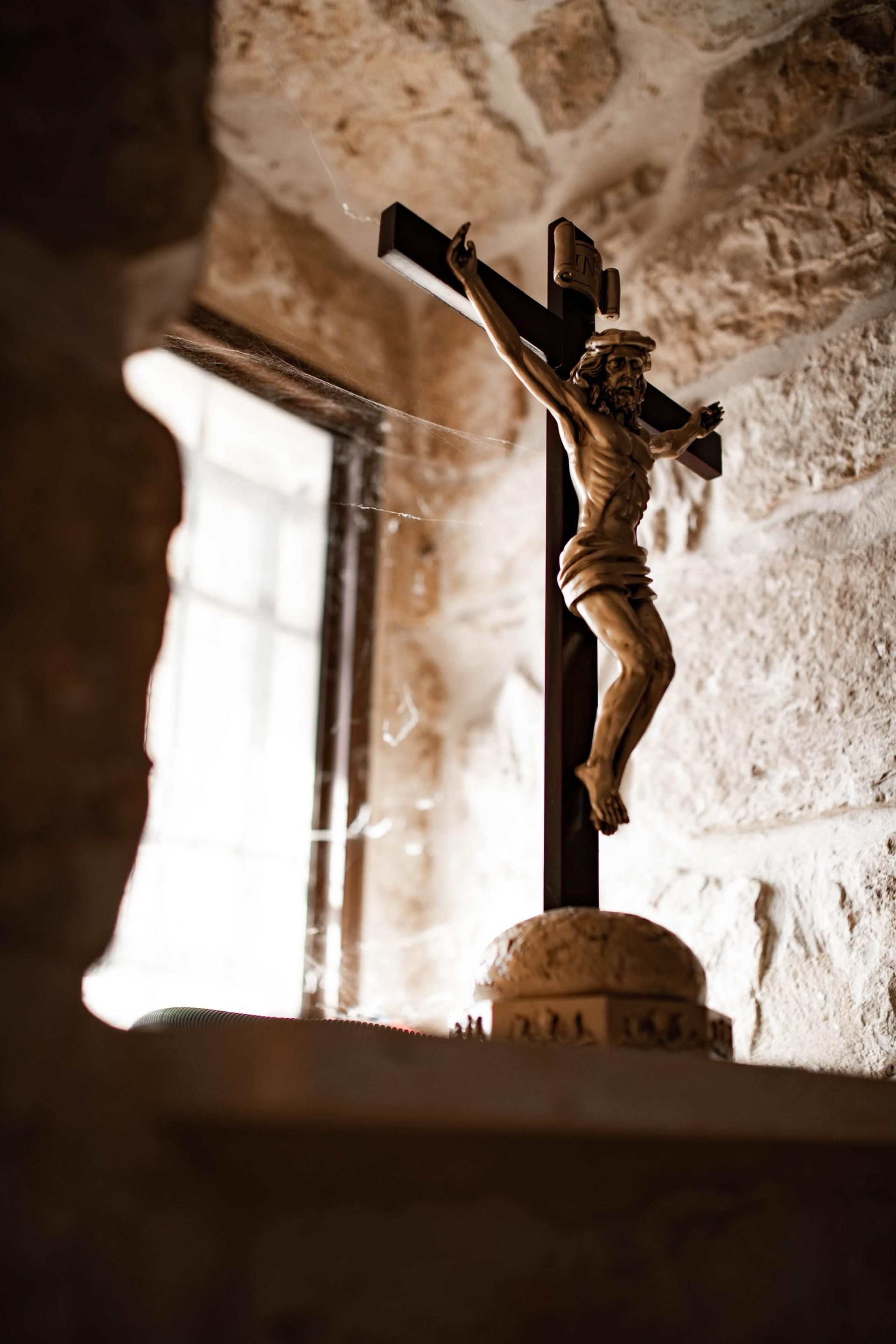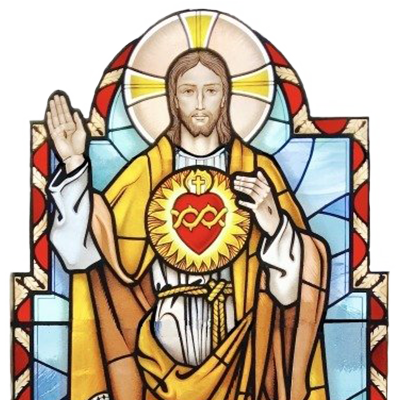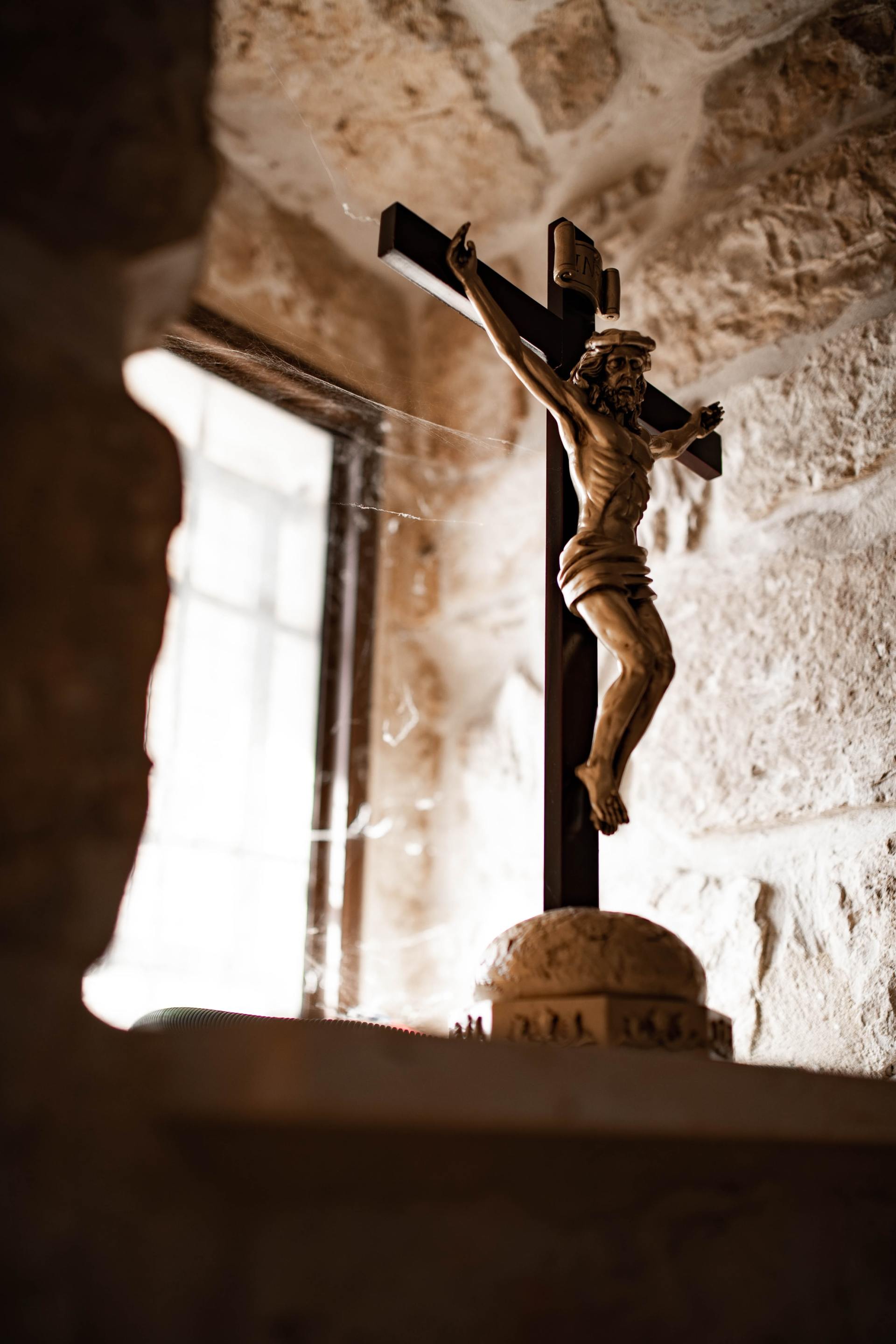5th Sunday of Easter

This weekend (and next) the gospel readings are from the Last Supper discourse of John. Christologically, the Last Supper took place before Jesus’ death and resurrection, yet we have them after Easter. This is a reminder that we are not remembering and celebrating events in their strict historical sequence, but that we are immersed in a liturgical mix of time and timelessness; we are celebrating the mystery that is always and everywhere the reality of the resurrection of Jesus. As we listen to the Johannine account of the last meal of Jesus with his disciples, we are, here and now, at the table with Jesus and the community of disciples, tangling our lives with him, the true vine, and with the branches of all the baptised. We hear much shouting of would-be people of power: fanatical tyrants, political agitators, self-righteous politicians. We may even add to this chorus our own small voices on matters personal, ecclesial, or social. But what Jesus speaks about at table is the power of love and of gentle growth. He gives us another image of the great intimacy and interdependence that exists between himself, his Father, and his disciples: “I am the true vine, and my Father is the vinedresser” - and we are the branches. The vine and vineyard were familiar images to the people of God in the Old Testament. Israel was the vine brought out of Egypt and planted by God the vine -dresser in its own soil (Ps. 80:8-13). So significant was the image of the vine that on one façade of the Jerusalem temple sanctuary was carved an ornamental vine with golden clusters of grapes as big as a human hand. And the early Christian community painted the vine on the walls of the catacombs in memory of Christ, the true vine. The image of the vine is a radically nonhierarchical image of the people of God, for all the branches are so intertwined that when looking at a vine it is almost impossible to tell where one branch begins and another ends. All tangle together as they grow from the central stock, undifferentiated by anything but their fruitfulness. Such is the relationship of Jesus to the new community that grows from his death and resurrection. Such communities are also to be branching out, hospitable communities that live by and bear fruit through the surging sap of Christ’s risen life. To remain healthy and productive the vine must be pruned by the vine-dresser. Those in whom the baptismal sap rises have already been pruned by the words Jesus speaks, but we must continue to accept not only the short, sharp pain of God’s snipping from our lives the small and withering infidelities, but also be willing to endure the longer agony of more drastic pruning that is sometimes necessary. This is not to make of the vine -dresser a ruthless tyrant, because what is done is done out of love for the vine. In his passion and death, the Christ who knew no sin was made sin for us (c.f. 2 Cor. 5:21), and suffered in faithful hope that most drastic pruning of his passion and death so that the branches of the vine, his community, might thrive through his resurrected life.
